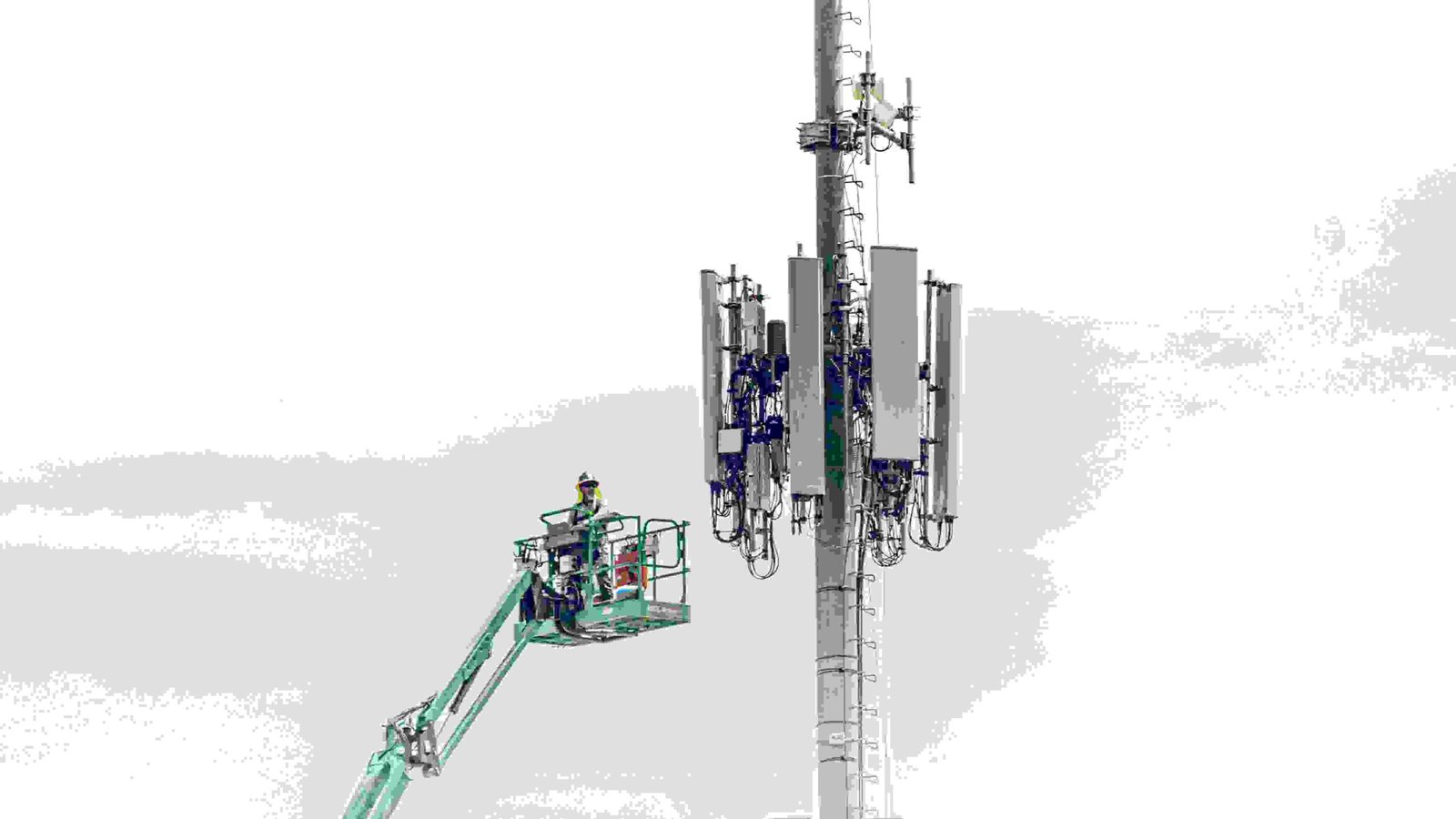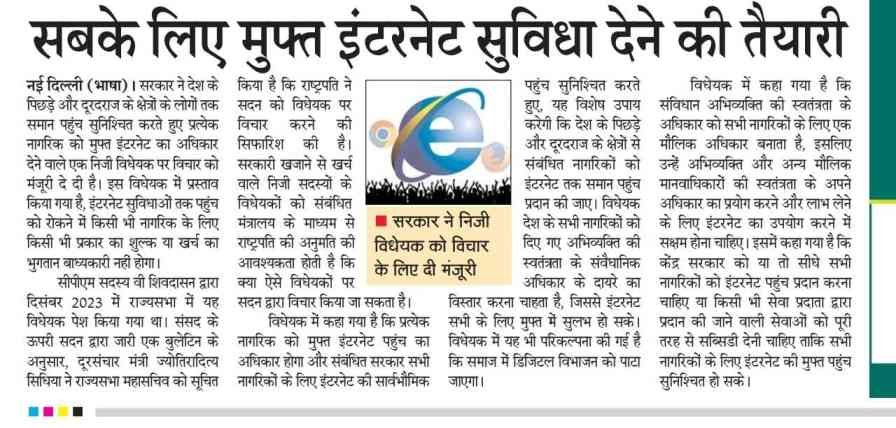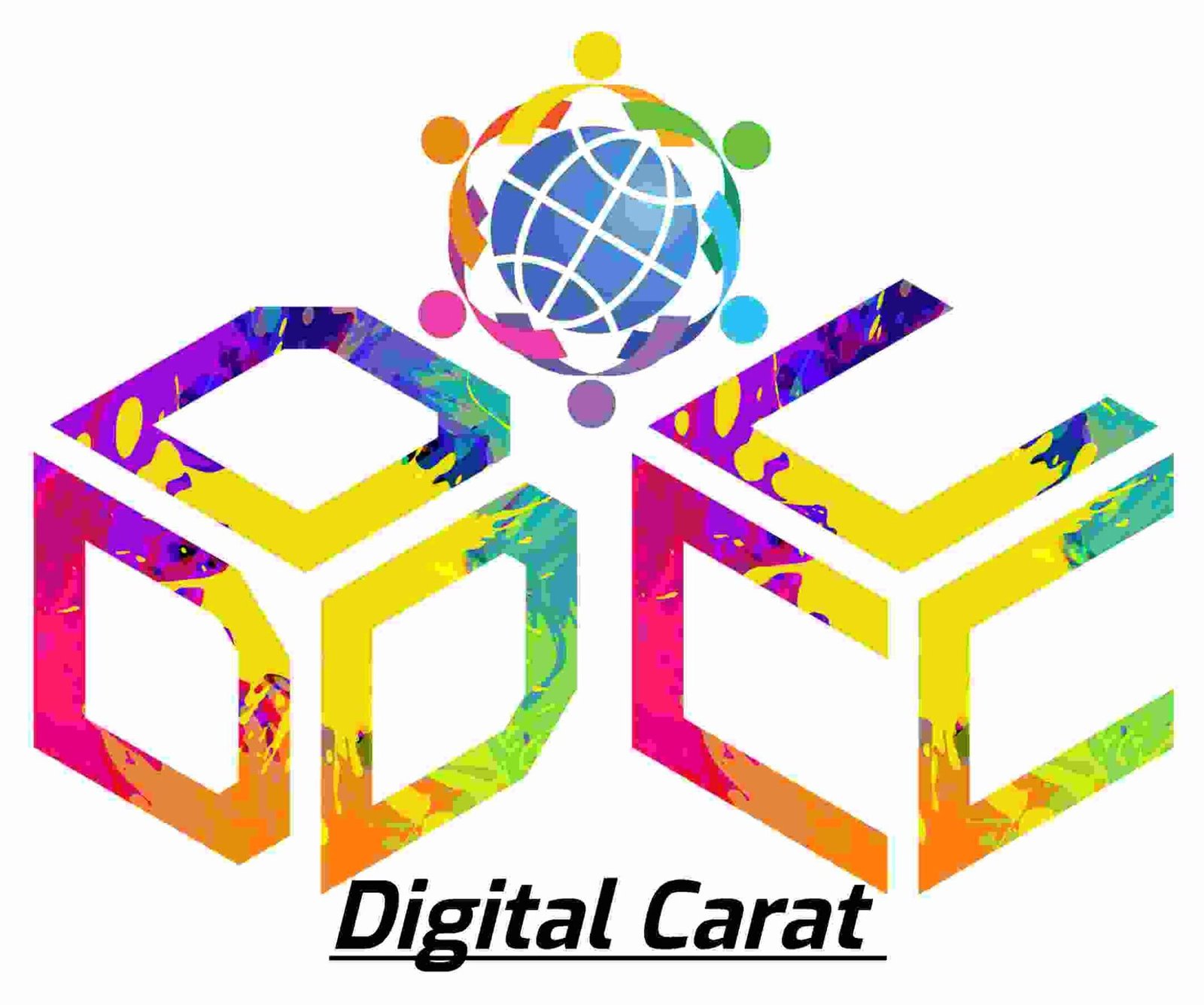India’s Government Pushes for Free Internet Access for All: A Transformative Move Towards Digital Equality.
In a bold and transformative move, the Indian government is set to revolutionize digital accessibility across the country by proposing free internet access for all citizens. This groundbreaking initiative aims to democratize internet services, ensuring that everyone, regardless of their geographic location or financial status, has equal access to digital resources.

A Leap Towards Digital Inclusivity
The Indian government’s decision to introduce free internet access as a fundamental right is a significant step towards achieving digital inclusivity. The proposed bill, championed by CPM member V. Shivadasan, seeks to bridge the digital divide that has long existed between urban and rural areas, as well as between different socio-economic groups. This initiative underscores the government’s commitment to enhancing digital equality and making internet access a basic right rather than a privilege.
Key Provisions of the Bill Free Internet Access for All
- Universal Free Access: The core feature of the bill is the provision of free internet access to every citizen. By removing the financial barriers associated with internet services, the bill aims to ensure that all individuals, irrespective of their income or location, can connect to the digital world.
- Focus on Remote and Backward Areas: Special emphasis is placed on providing equal access to people living in backward and remote regions. This focus is crucial for bridging the gap between urban and rural areas. It will ensuring that everyone benefits from the opportunities offered by the internet.
- No Financial Burden: The bill stipulates that citizens will not be required to bear any costs for internet access. This means that the government will either provide internet services directly or fully subsidize the services offered by private providers. By doing so, the bill aims to eliminate the economic barriers that currently limit internet access for many people.
- Extension of Constitutional Rights: The initiative also seeks to extend the constitutional right to freedom of expression. By ensuring free internet access, the bill aims to empower citizens to exercise their rights to information and communication more freely, thus fostering a more informed and engaged society.
- Addressing the Digital Divide: One of the primary goals of the bill is to address and mitigate the digital divide that exists in society. By making internet access universally available, the government hopes to reduce disparities and promote greater digital equity.

Free Internet Access for All
Legislative Process and Support
- The bill, which was introduced in the Rajya Sabha in December 2023, has already garnered significant attention and support.
- Telecom Minister Jyotiraditya Scindia has endorsed the bill, and the President has recommended its consideration by the House. This backing is a positive sign for the bill’s progress through the legislative process.
- The approval of such a bill is a complex process that involves various stages of scrutiny and debate.
- The fact that this bill has received preliminary approval indicates a strong commitment from the government to advancing digital rights and inclusivity.
Potential Impact on Society of Free Internet Access
- The implementation of free internet access has the potential to bring about profound changes in various sectors.
- In education, it could enhance learning opportunities by providing students and educators with easy access to online resources.
- In healthcare, it could improve access to telemedicine and health information, particularly in remote areas. Additionally, it could facilitate greater participation in e-governance and other digital services.
- By ensuring that everyone has access to the internet, the government is not only promoting digital equality but also paving the way for a more connected and informed society. This initiative could serve as a model for other countries grappling with similar issues of digital disparity.
Frequently Asked Questions (FAQs)
1. What is the proposed free internet access initiative?
The Indian government is proposing a new bill that would grant free internet access to every citizen. This initiative aims to eliminate financial barriers and ensure equal access to Internet services for all. to reach both urban and rural areas, including remote and backward regions.
2. Who introduced the bill, and when?
The bill was introduced by CPM member V. Shivadasan in December 2023. It has garnered significant attention and support, including an endorsement from Telecom Minister Jyotiraditya Scindia.
3. What are the key features of the bill?
- Universal free internet access for all citizens.
- Special focus on providing internet services to people in backward and remote areas.
- Removal of any financial burden on citizens for accessing the internet.
- Extension of the constitutional right to freedom of expression by ensuring internet access.
- Addressing and mitigating the digital divide.
4. How will the government provide free internet access?
The bill proposes that the government will either directly provide internet services to citizens or fully subsidize the services offered by private internet service providers. This approach is intended to ensure that no citizen will have to pay for internet access.
5. What are the next steps for the bill?
After receiving preliminary approval, the bill will continue through the legislative process, which involves further scrutiny and debate in the Rajya Sabha and other legislative bodies. The final implementation will depend on the successful passage of the bill and subsequent administrative arrangements to ensure its effective rollout.
Conclusion
India’s move towards providing free internet access for all. India has a visionary step that promises to transform the digital landscape of the country. By addressing the digital divide and ensuring universal access to the internet, the government is setting a precedent for digital rights and inclusivity. It will be essential to monitor its implementation and assess its impact on society.
This initiative is a testament to the government’s commitment to creating a more equitable and connected world. Because of this Everyone has the opportunity to benefit from the digital age. It is clear that the future of digital access in India is a significant and positive change
